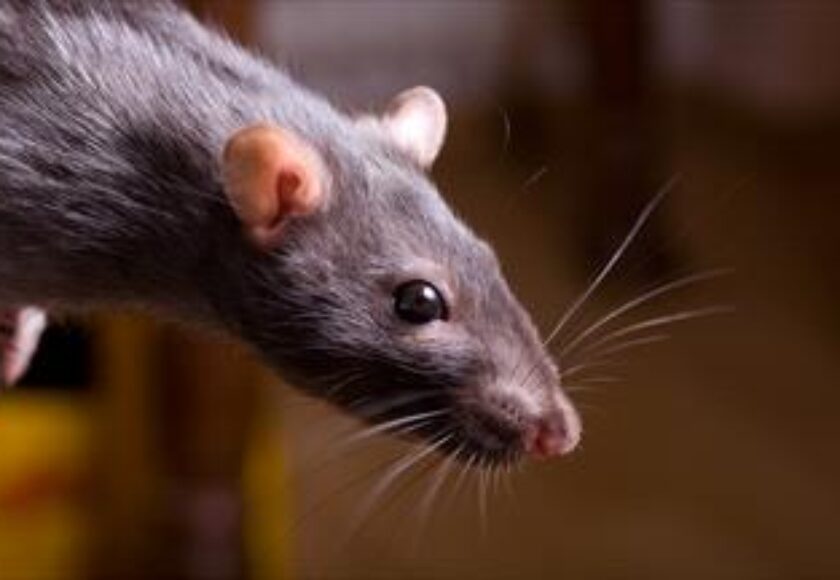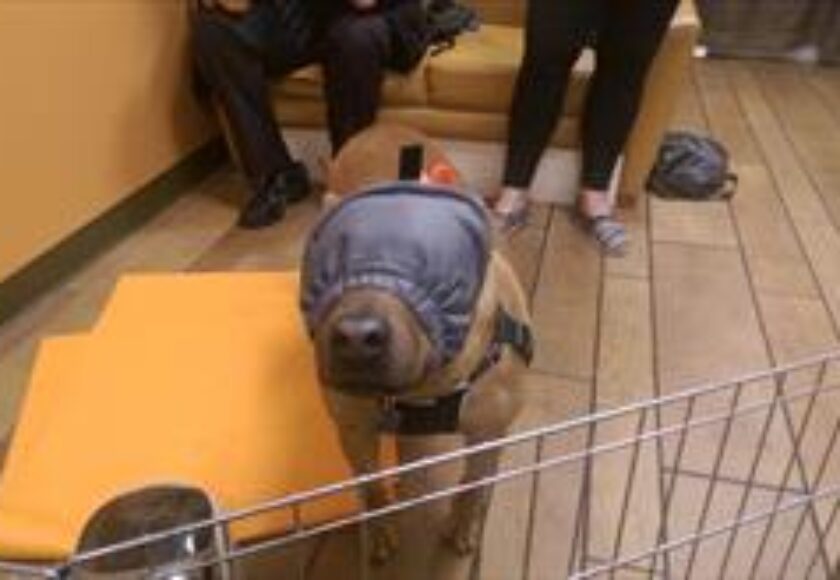Pets are messy. Shedding fur gets everywhere, mud tracks into the house, litter gets kicked out of the box, and water splashes out of the bowl. Plain old dirt conspires to make your pet’s living space -meaning yours – a mess. If you have multiple pets that shed, the dust bunnies can seem to be the size of a Flemish Giant rabbit. Since you can’t have pets without some mess, the main solution is to keep up with housecleaning.

The most important thing, though, is to clean up messes immediately. The longer any bodily fluid stays on the floor, the harder it will be to clean up. If accidents aren’t cleaned up right away, they will encourage your pets to use that spot for elimination, which is exactly what you do not want.
That said, set up your place with pets in mind.
Shedding is the bane of many pet owners. It can be tiresome to clean up all that hair so often, but there’s an easy way to lessen the sheer volume of loose fur: brushing your pets takes out the middle man, so to speak, as you grab the hair in a contained way rather than vacuuming and sweeping. Also, it’s a bonding experience for you and your pet, and allows you to check for lumps and bumps. However, most of us don’t do it often enough.
A good vacuum cleaner is a necessity for those with carpeting, and using one with a high-efficiency particulate air (HEPA) filter can help. Several vacuums are available that are designed with pets in mind and will likely have better success with fur-filled dust bunnies than those not designed for pets. After sweeping, sweep again with an electrostatic wipe (or start with an electrostatic mop) for non-carpeted floors. For deep cleaning, it’s hard to go wrong with a steamer mop as they do not use any chemicals and therefore cannot harm your pets or you.
Pets increase the volume of indoor dust, so dusting is usually needed a bit more often than in homes without pets. Microfiber mitts make the job easy.
If your pet has a favorite napping place, leaving a sheet or towel there allows you to scoop up the dirt and hair, shake the sheet or towel outside, and toss in the wash. That’s easier than picking up fur from all over the house. If your cat enjoys napping in front of the heat register, leave a bed or towel there with a placemat or rubber sheet underneath it just in case of an accident.
During rain or snow season, mats and towels are your best friends. Outside the door the dogs come in, place a washable mat. The rubber-backed ones wash easily, but if placed in the dryer too often the plastic backing will shred, so it’s best to let those air dry. Car mats work too. If the door height will allow it, also place one just inside the same door. Put a bowl of water (not cold) and a towel or microfiber mitt by the door and have your dog sit on the mat so you can wipe paws with a towel before the dog enters. (The microfiber mitt is also good for getting dirt off your dog’s dry paws.) You can either spend some time training your dog to sit on the mat or spend far more time during his lifetime cleaning up paw prints.
If you are shopping for new carpeting, opt for all-synthetic fibers. Unlike natural fibers, synthetic ones don’t absorb everything. Natural fibers will hold stains and odors. The deeper the carpeting, the harder it is to clean, plus the deeper rugs provide a perfect environment for fleas. Think about colors; a solid cream will show more dirt than even a slight pattern. Some people get carpeting that matches the color of their pets.
When looking at furniture, go for upholstery with a smooth surface, such as top-grain semi-aniline leathers, microfiber or microsuede, as those fabrics will resist claw marks so any couch-scratching cat will not be encouraged. Avoid upholstery with a lot of texture, and don’t use wicker. Materials with open or loose weave is just asking your dog and cat to engage in the battle of boredom with your furniture.
Keeping on top of brushing and cleaning up messes immediately goes a long ways toward keeping a house clean whether you clean it regularly or when you can’t stand it anymore.

